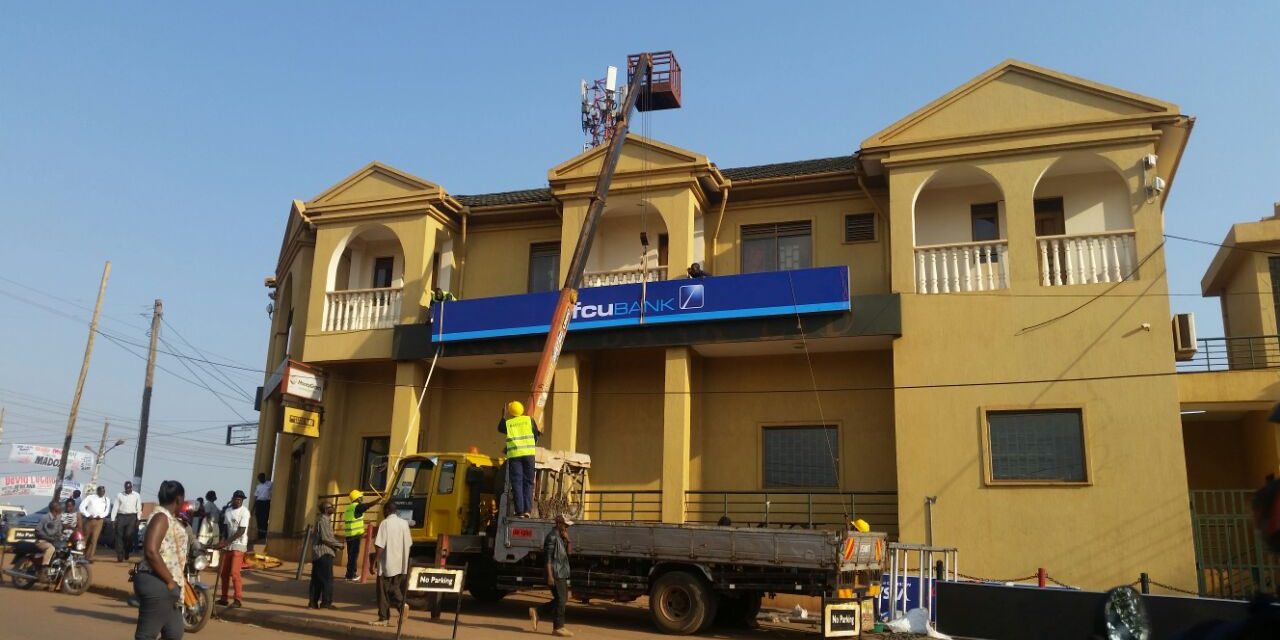By Denis Jjuuko
There was a recent debate on Twitter on the cost of houses in Kampala. The argument was that houses were cheaper in some parts of north America and western Europe than in dingy Kampala and Wakiso. A four bedroom flat in Mbuya goes for Shs650m or US$185,000. In some other places such as Munyonyo, Garuga, Muyenga or Butabika, similar apartments can cost as much as US$400,000. These are same rates or even more expensive than in Dubai. In Kololo, an empty acre of land goes for more than a million dollars.
So, what makes the Ugandan property market so expensive? Most people say it is because of corruption of government officials in Uganda, South Sudan, and Eritrea. Although that could be true, I don’t think it is the only reason.
In Uganda and indeed most of Africa, once a boy turned 18 years old, he was expected to leave the parents’ house and set himself up by building his own house. Although the age may have changed, a man isn’t expected to live in their parents’ house long after university. Also, most Ugandans consider a man successful after they have built or bought a house. A son in law who owns a house is talked about with glee. Unlike in the past, women are also expected to build or own houses as long as they work. This has created immense pressure for people to build or own properties.
Also, many people aged above 35 saw how their parents suffered when they were retrenched and evicted from government properties. Besides, government largely doesn’t build houses for its civil servants anymore.
Uganda’s housing deficit according to Habit for Humanity stands at 2.4 million units. And there are some 900,000 units that are substandard and need immediate upgrading. So, there is demand for houses at all levels both in urban and rural areas. Let us not forget that Uganda’s population is one of the fastest growing in the world and the rate of urbanization is increasing by the day. This has led to increased demand for housing.
Yet the cost of inputs is so high. A 50kg bag of cement is nearly US$9 while a Y16 bar costs as much as US$22. Other inputs cost as much. Due to lack of sewage lines in most parts of Kampala, each house must have a septic tank and soak pit. That alone increases the cost of a house by approximately US$2,000.
Most property developers in Uganda borrow money at interest rates of upwards of 20% annually. The cost of money in Europe and America is in most cases under single digits. Mortgages today are at 16% in Uganda.
In Europe and America, many houses are built using certain wood types and such other prefabricated materials which reduce the cost of inputs including labour. The 2008 financial meltdown was because houses were available for anyone who wanted even when they couldn’t afford, which isn’t the case here.
In the west, the housing market has matured and there is a price ceiling apart from mega mansions for millionaires and celebrities. Let me explain using Kololo as an example. An acre in Kololo has reached its price ceiling. There is a limit to how much you can sell a Kololo acre which isn’t the case in Gayaaza. I can buy an acre in Gayaaza today and double its price and still get a buyer. I can’t do that in Kololo because properties there have reached the price ceiling beyond which even those who have won a lottery wouldn’t buy.
The developed world also has infrastructure that enables people to live almost wherever they want. Somebody in Europe or America or Japan can live 100km from their workplace. They wake up, jump on a train, bus or get onto a freeway and travel 100km every day. In Kampala, 100km is beyond Jinja or near Masaka town. Due to our infrastructure and lack of public transport, you can’t commute every day from that far to your workplace without suffering a nervous breakdown.
Yet the cost of land just 50km from Kampala is so low that many people can afford it but they wouldn’t be able to live there and commute to Kampala every day. The cost of transport would be so high. The time spent to cover the distance everyday would be so much. It takes on average two hours every day for anybody who lives 15km from Kampala to get to work and another two to get back home.
The writer is a communication and visibility consultant. djjuuko@gmail.com





